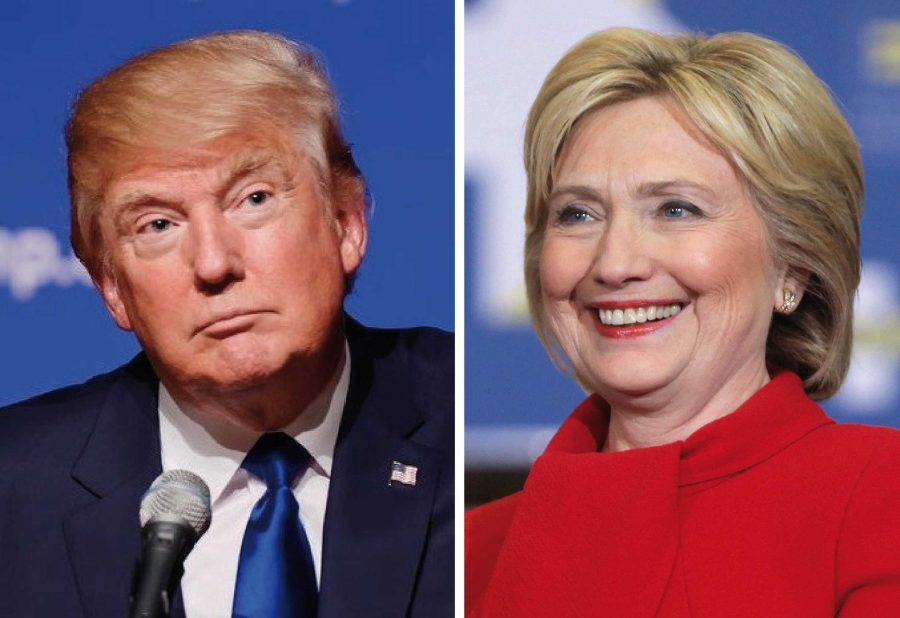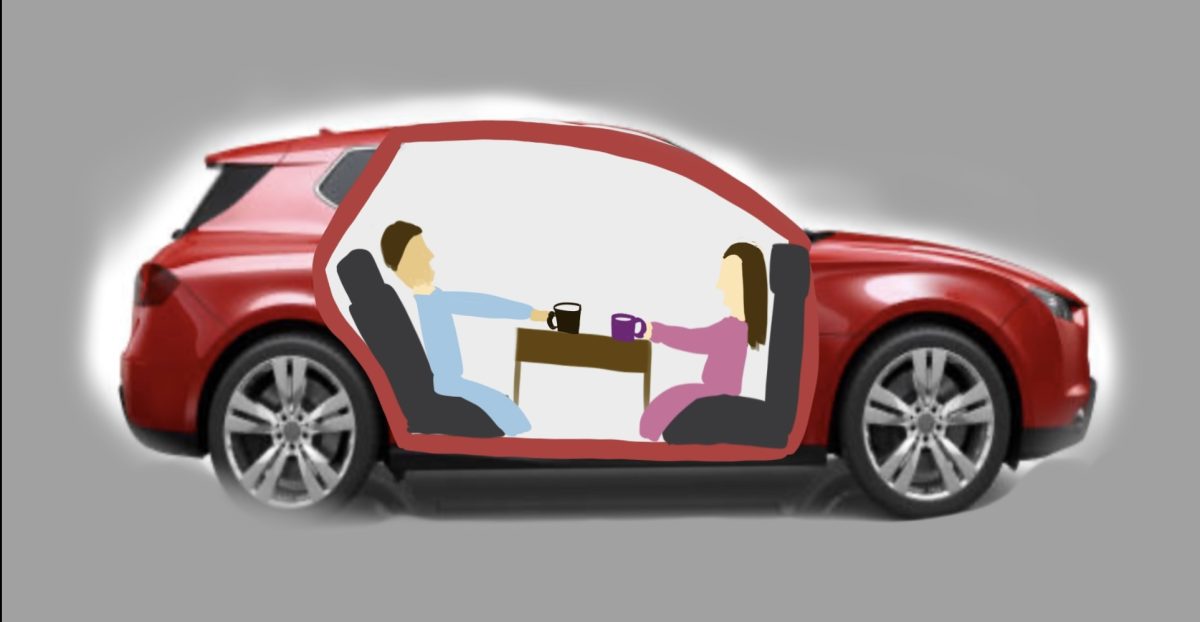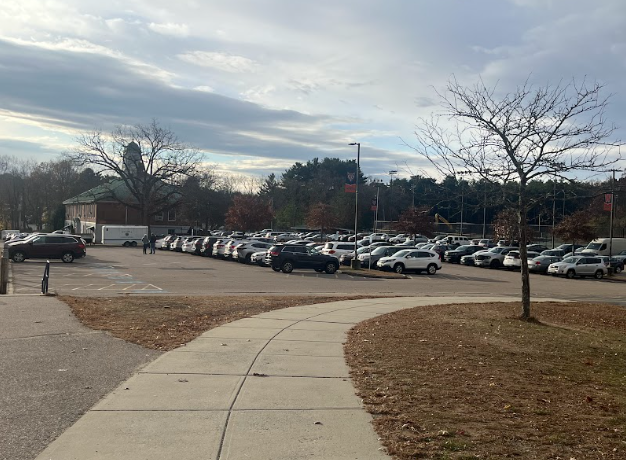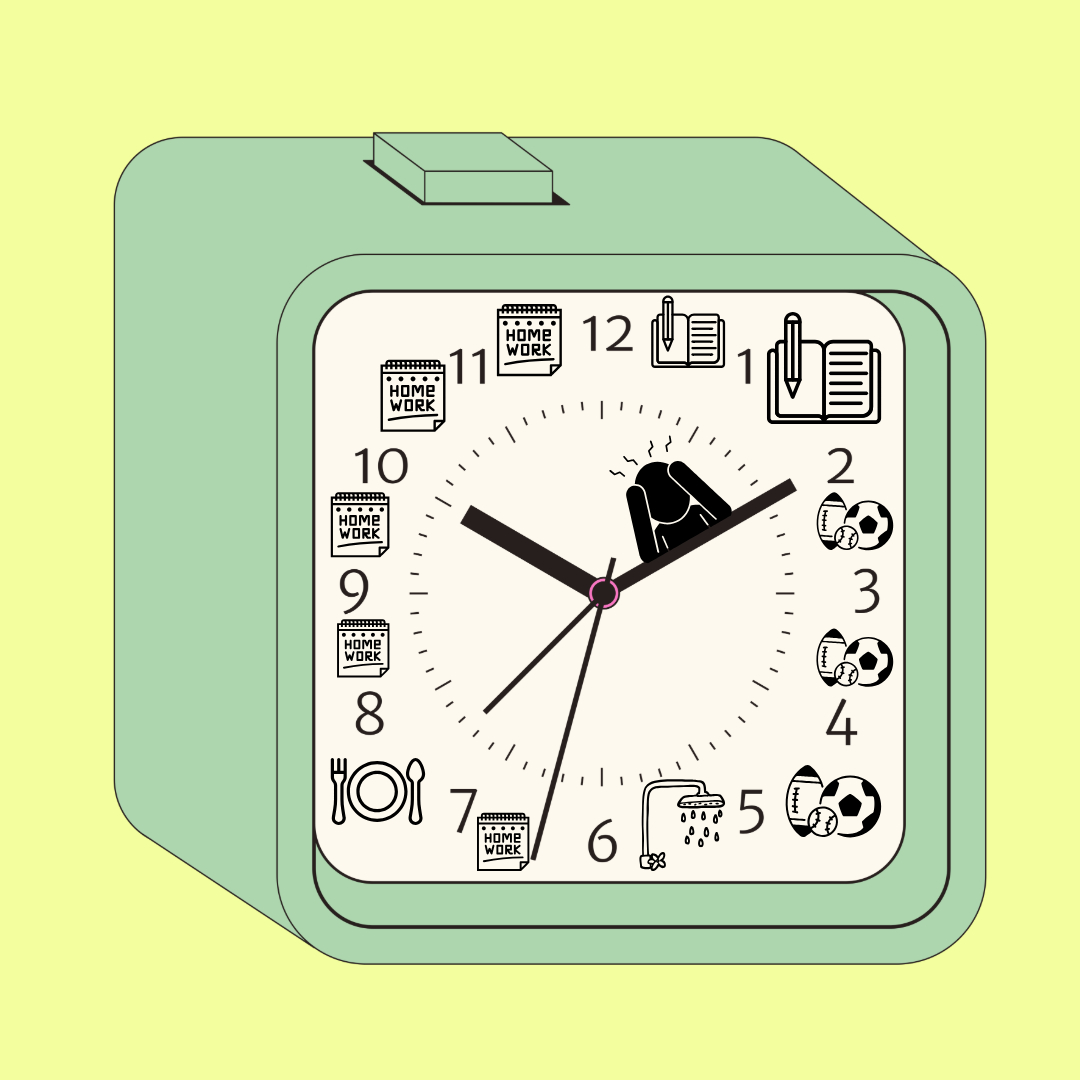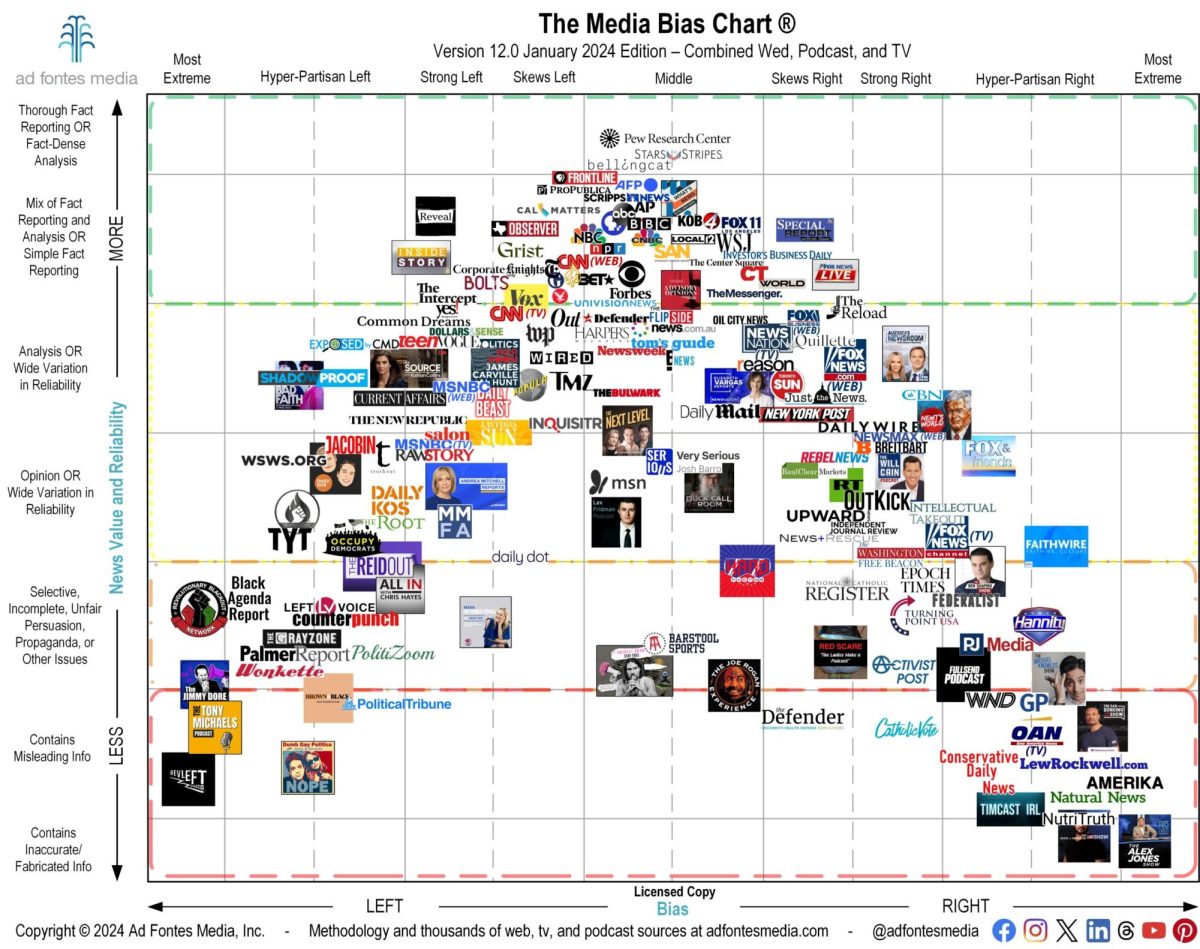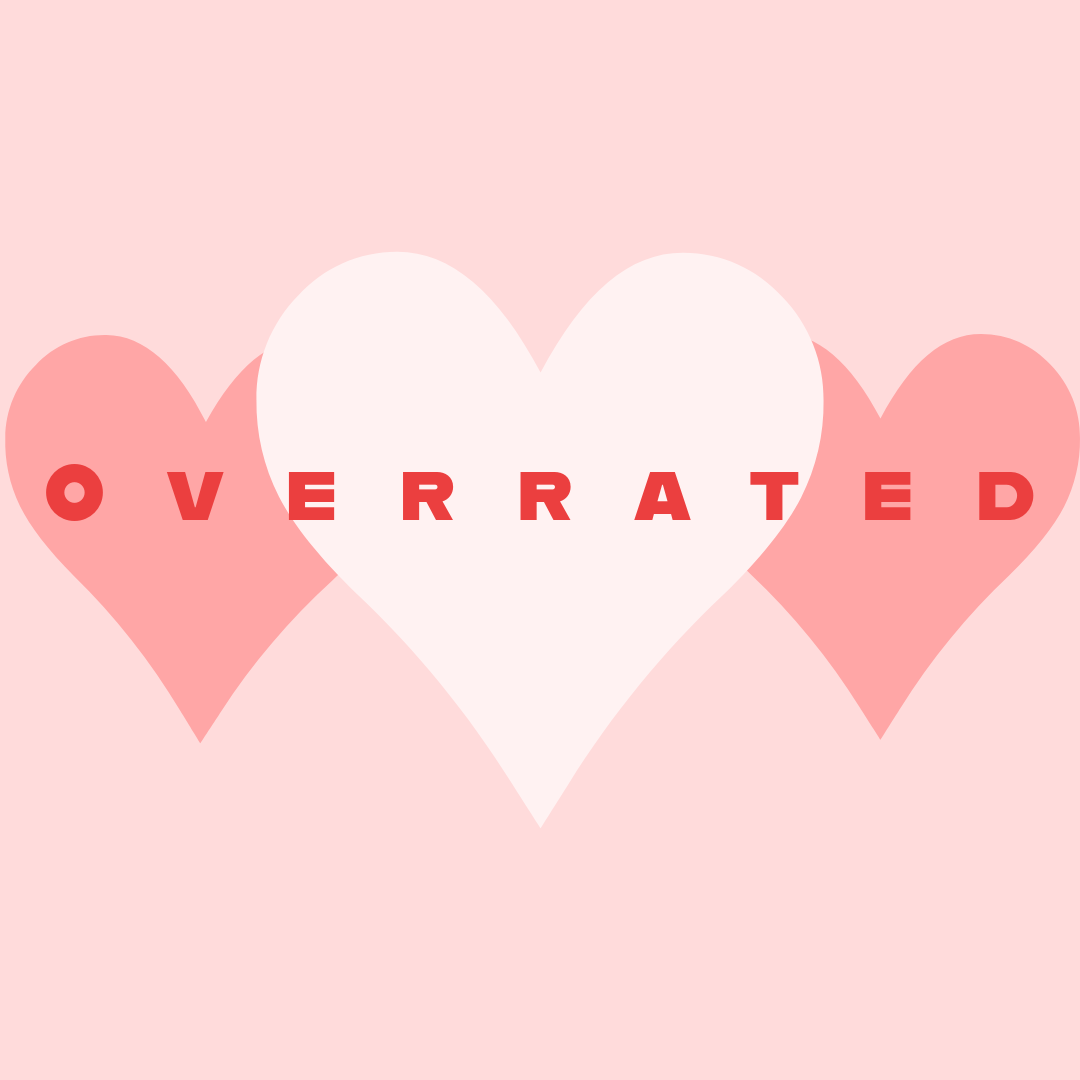As voters near the end of the election season, they are faced with a choice that on the surface seems rather simple: Hillary Clinton or Donald Trump. However, the political rhetoric of the 2016 campaign has escalated to such a point that voters cannot distinguish between the issues the candidates are seeking to address and the insults they are slinging at each other. The voters, therefore, must take on the task of politically educating themselves so that they can vote responsibly.
Finding a politician’s real stance on issues has become next to impossible, as it is a real challenge to find any real substance to the two candidates’ ideas buried beneath a mountain of insults, jokes, cliche slogans, offensive remarks, and obnoxious hashtags on Twitter and Instagram. Overall, it seems that Donald Trump and Hillary Clinton have focused on each others’ campaigns more than they have focused on their own. This new age political rhetoric combined with this rise of social media as a means of gathering political support has altogether created a new campaign style. The result of this campaign style? A voting population that understands neither the viewpoints of the candidates, nor the pressing importance of the 2016 election.
It’s easy to get sucked into the slander of this election. Take, for example, the various hashtags used by Trump supporters and by Trump himself: #crookedhillary, #hillaryforprison2k16, and even calling Hillary’s medical records into question with #hillaryshealth. Trump’s entire Twitter page could be categorized more as an anti-Hillary page more than a pro-Trump page.
Clinton’s supporters aren’t blameless either, contributing to her anti-Trump campaign with Tweets such as #dumptrump, #basketofdeplorables, and #trumptaxes.
The first presidential debate on September 26 proved that both candidates lack focus on their individual views on issues, and are more concerned with insults. Hillary brought up Trump’s wealthy father within the first 15 minutes of the debate, pressing him to release his taxes. Trump, on the other hand, couldn’t resist multiple jabs at Clinton’s deleted emails. When moderator Lester Holt opened the debate asking each candidate what made him or her the best option for the presidency, both Clinton and Trump discussed what made the other candidate a poor choice, and they gave little to no information about themselves. The predominantly antagonistic debate revealed that the 2016 election on the whole is not going to be about politics.
This campaigning style has had a major effect on the voting population: a large number of voters has sided strongly with one candidate over the other without justification and with little to no understanding of the real issues of the current political climate.
In no way is the whole voting population corrupt or uneducated or apathetic. However, the extreme party divide, the campaign styles of the two candidates and the rise of social media as a means of expressing political views has created a real change in the election system. Some voters, influenced by online mockery and slander from one candidate, simply hop on the bandwagon and support said candidate. The responsibility of voters is to analyze the ideologies of the candidates and choose the one who best represents ideals that the voters support. It is not the responsibility of voters to get wrapped up in political slander and to blindly follow the ideas of others.
On the other hand, many voters are committed to the idea that neither candidate should be elected. This idea is just as harmful as blindly following one candidate. Though this election’s candidates make it difficult, voters must fulfill their civic duty to analyze each candidate’s views and choose one to vote for.
Overall, voters in this election should take care to separate themselves from the “he said, she said,” political rhetoric of the candidates in order to make an educated and informed decision at the polls this November. Americans cannot control the way candidates choose to run their campaigns, but they can and should strive to make informed voting decisions on election day.


